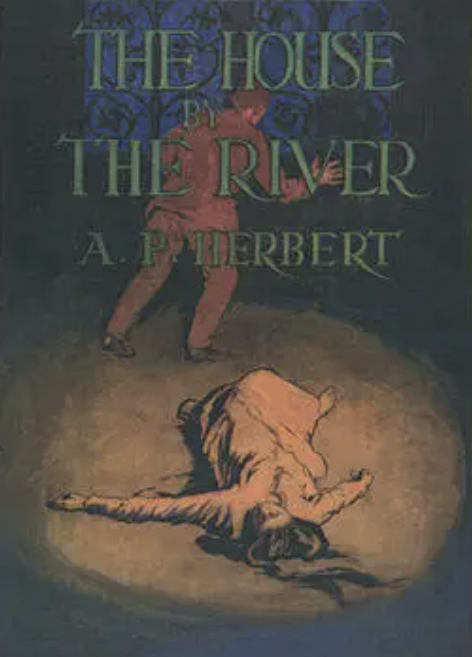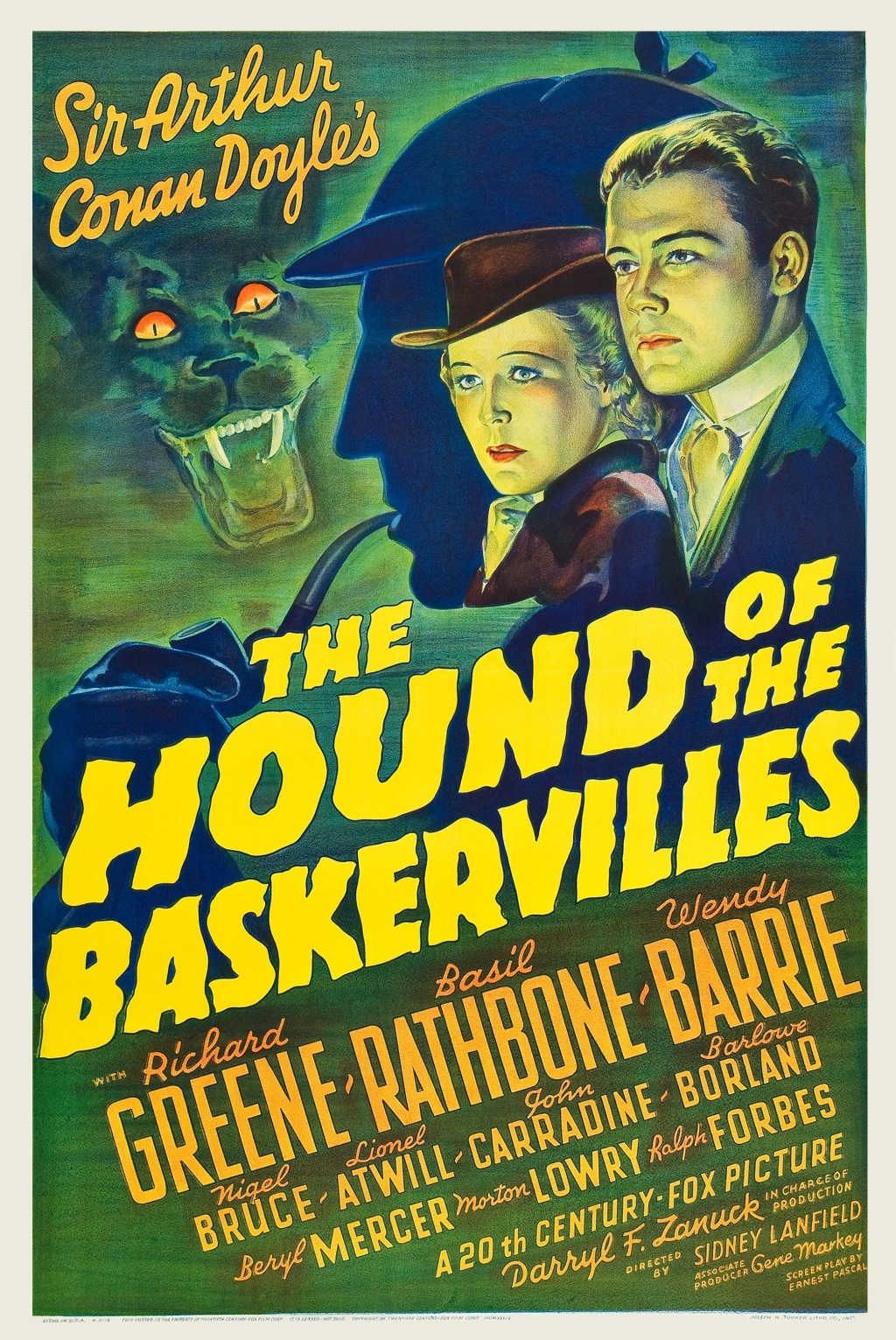
Paul Halter
Originally Published 1990
Dr Twist #4
Preceded by Death Invites You
Followed by The Tiger’s Head
After trying and enjoying my first Paul Halter novel, Death Invites You, last year I received some wonderful suggestions for which book I should pick next. I honestly did make note of all of those suggestions and I intended to utilize them. I really did. But then I actually came across a copy of The Madman’s Room and all those plans went out the window… Whoops!
Halter seems to represent something of a literary fault line among the bloggers I read regularly. That was the reason I was initially so hesitant to try him. His plots are constructed with a lot of elements that often seem to be pulling in opposite directions. This not only seems messy, it may lead some readers to wonder if he’s just throwing these crazy, imaginative ideas out there and forcing them into the shape of a novel.
The Madman’s Room is a much more complex narrative than Death Invites You, incorporating significantly more elements and questions for the reader to consider and yet I felt that these hung together exceptionally well to create a much richer, more rewarding story. It still can feel a little messy and unwieldy and at times I wondered just how these elements could be brought together but, when the explanation is given, everything seemed to align perfectly.
A very basic outline of the core points of the story is that the wealthy businessman Harris Thorne moves his wife’s family to live with him in his ancestral home. They learn the story of his great-Uncle Hector who appeared to be able to see the future, predicting the deaths of family members in a fire years after he himself had died. His room was sealed upon his death but Harris decides that he will reopen that room against his brother’s objections to turn it into his study. He dies soon afterwards with some aspects of the case seeming to mirror the circumstances in which Hector had died.
For another writer that alone may be enough material for a novel but Halter weaves a number of smaller mysteries around the bigger question of who killed Harris Thorne. Did Harris really did commit suicide or if he was murdered? What is the significance of a patch of water that appeared in front of the fire both when Hector and Harris died? What do people see in a doorway that terrifies them? Is everyone that we believe to be dead actually dead? Can Harris’ brother Brian really see the future? And just what are the short lecture about possible outcomes of an exhumation (a la Dr. Fell) and the brief romantic scene at the beginning of the novel there for?
It’s a lot to unpack and to do so would violate my intentions to keep my reviews as spoiler free as possible. What I can say is that I think Halter’s explanations of the ways these elements interconnect is really quite masterful and I respected the simplicity and common sense of many of those solutions. Solutions to some puzzles are easier to predict than others but I found all to be quite satisfying and appreciated the variations Halter gives us. Even the issue that Sergio felt stretched credulity struck me as a discrete nod to a similarly stretched moment in a very early Poirot novel.
While the artificiality of a moment like that can be a negative for some readers, I personally find it quite charming. Certainly I think there are very few people who would talk or act like characters in a Paul Halter novel but I think that’s okay as he is clearly playing with classic mystery fiction types and placing all other elements of the novel as secondary to his chief concern of developing the puzzle. His prose is never pretty, nor is it particularly atmospheric yet it conveys precisely the amount of information the author intends to very well and, like JJ, I find it to be very effective.
And though Halter’s characters here may read a little stiffly, I found them to be a much more interesting group than in Death Invites You. This is partly because Halter’s story plays out over a much longer period, allowing those characters time to change in reaction to the events they are experiencing. I found some of those changes in character to be very effective and I appreciated the psychological angles to the solution to this story.
On the subject of the conclusion however, I must take note of Brad’s criticism that the novel is undermined by its confusing and unnecessary final page twist. While I enjoyed the novel enormously, I would agree that this moment detracts from the otherwise clean, refined nature of the ending. Sadly this concludes an otherwise stellar work on a slightly cheap note.
In spite of that misstep, I think The Madman’s Room is a really striking and effective work. At the midpoint of the novel I had no idea how Halter was going to pull all of these elements together so I was really impressed by just how clean and tidy the explanations were. Unlike many seemingly inexplicable crime stories, the explanations given for how and why the strange events occur are very persuasive because of their simplicity while I felt that the supernatural elements in the story were used very effectively not only to build atmosphere but contribute to the key themes and ideas of the novel.
In short, I loved this and am looking forward to reading more Halter. And next time I promise I will actually utilize some of your suggestions!




Leave a comment